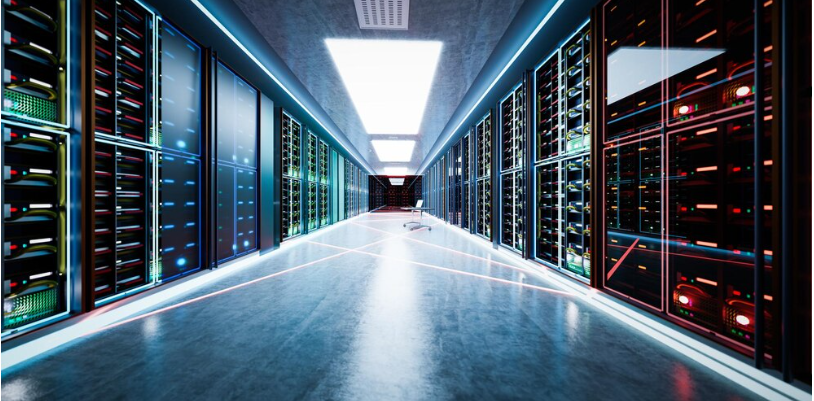Understand how to maximize your NAS storage setup for optimal performance
Network Attached
Storage (NAS) has become a significant part of modern business and home
computing. It provides reliable and secure centralized storage for important
data while enabling easy access across multiple devices. While NAS solutions
have numerous benefits, they require optimized setup to function optimally.
Without proper optimization, they may perform below par and affect the overall
productivity of your systems. IIn this blog post, we'll provide some tips and
tricks to help you maximize your NAS storage setup for optimal performance.
NAS, short for Network Attached Storage, is a technology that simplifies data
storage and access, and we'll explain what is NAS and how it can benefit
your digital needs.
What is NAS?
NAS stands for
Network Attached Storage. It is a storage device or system that is connected to
a network and provides centralized data storage and file sharing for multiple
clients or users. NAS devices are typically dedicated file servers with their
own operating systems and management software, designed to make it easy for
users to access and manage files, documents, multimedia, and other data over a
network.
Choose the
Right NAS setup
Before installing a
NAS solution, it's important to understand the type of NAS setup that best
suits your needs. Some typical options include Cloud-based NAS, traditional
NAS, software-based NAS, and server-based NAS. Each setup has its own unique features
to suit the needs of businesses, homes, or power users. For instance, a
software-based NAS can work well for tech-savvy users who already have a
powerful computer and need a solution that is flexible enough to allow
customization. In contrast, cloud-based NAS is an excellent option for
businesses or individuals who want to securely back up their data to an
off-site location.
Check Your
Network Performance
Network performance
is a crucial factor in determining the performance of your NAS. Slow network
speed, bottlenecks, and dropped packets can inhibit the speed at which your NAS
can transfer large files or stream media files. To ensure that your NAS
performs optimally, conduct network speed tests. Use the right cables and
routers to achieve the highest possible network speed. A high-speed network
will ensure your NAS can transfer data at faster speeds.
Use Proper Hard
Drives
The type of hard
drive you use can have a significant impact on the performance of your NAS. To
ensure that your NAS works optimally, use high-quality hard drives that deliver
the highest possible speeds. While you may want to use cheap, low-speed drives,
you may end up limiting the overall storage performance of your NAS. Opt for
the latest and highest-specification hard drives to ensure that your NAS
performs at its best.
Manage Your
Drives
Managing your NAS
drives can help to optimize their performance. Ensure that your NAS drives are
kept cool, and don’t overwork them. Overworking hard drives can lead to
overheating, burnouts, and data loss. Ensure that your NAS solutions are backed up
regularly in a secure location to prevent data loss.
Maintain and
Update your NAS
Finally,
maintaining and updating your NAS is a must. As NAS solutions are constantly
evolving, optimization is a continuous process. Regularly applying firmware and
software updates will ensure that your NAS is running the latest software.
Regularly checking to see if your NAS is running efficiently, keeping your data
backups current, and auditing the security settings of your NAS can help ensure
that your data is safe while optimizing your storage performance.
Conclusion
In summary,
maximizing the performance of your NAS requires a combination of several
considerations: choice of NAS setup, hardware performance, network performance,
proper drive management, and maintenance and updates. By following the
above-stated tips for optimizing your NAS storage setup, you can enjoy maximum
performance from your NAS solution. Remember, a NAS setup is a long-term
investment, and optimizing it to its best capabilities is essential for a
superior computing experience. Don't hesitate to get in touch
with our knowledgeable team if you require any help or guidance in making the
most of your NAS storage.

Comments
Post a Comment